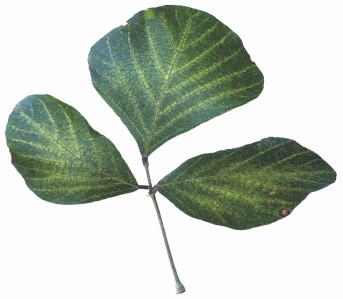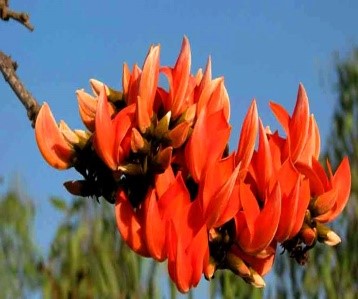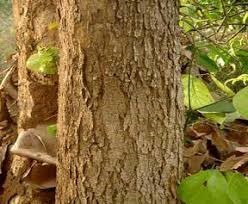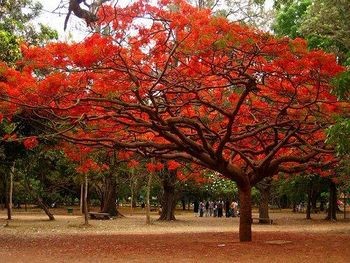Trees
Butea monosperma Lam
Butea monosperma Lam
Description :
This plant is deciduous small sized tree
that grow up to the height of about 15 m. The leaves of the plant are around 9
to 15 cm long and are pinnate having long petiole. Three leaflets are present,
and each leaflet is about 8 to 20 cm long. The flowers are bright red t orange
in colour and are about 3 cm long. The fruit is a pod, and it is around 15 to
22 cm long and 4 to 6 cm broad with a single seed.
Distribution :
It is native to tropical and subtropical parts of the Indian
subcontinent and Southeast Asia. A tree of drier areas in tropical and
subtropical climates growing at low to moderate elevations up to 1500m. It is
found in areas where the mean annual temperature is in the range -4- 49 0C,
and the mean annual rainfall is 450-4500mm. Plants can tolerate some frost,
though they are usually defoliated. Plants prefer a sunny position, though they
also thrive with some shade.
Uses :
It is used for
timber, resin, fodder, medicine, and dye. The wood is dirty white and soft.
Being durable under water, it is used for well-curbs and water scoops. Spoons
and ladles made of this tree are used in various Hindu rituals to pour ghee
into the fire. Good charcoal can be obtained from it. The leaves are usually
very leathery and not eaten by cattle. The leaves were used by earlier
generations of people to serve food where plastic plates would be used today.
The flowers are used to prepare a traditional Holi colour called
"Kesari". It is also used as a dye for fabric. Stem bark is used to
treat dyspepsia, diarrhea, dysentery, diabetes, ulcers, and sore throat and
snake bites.



